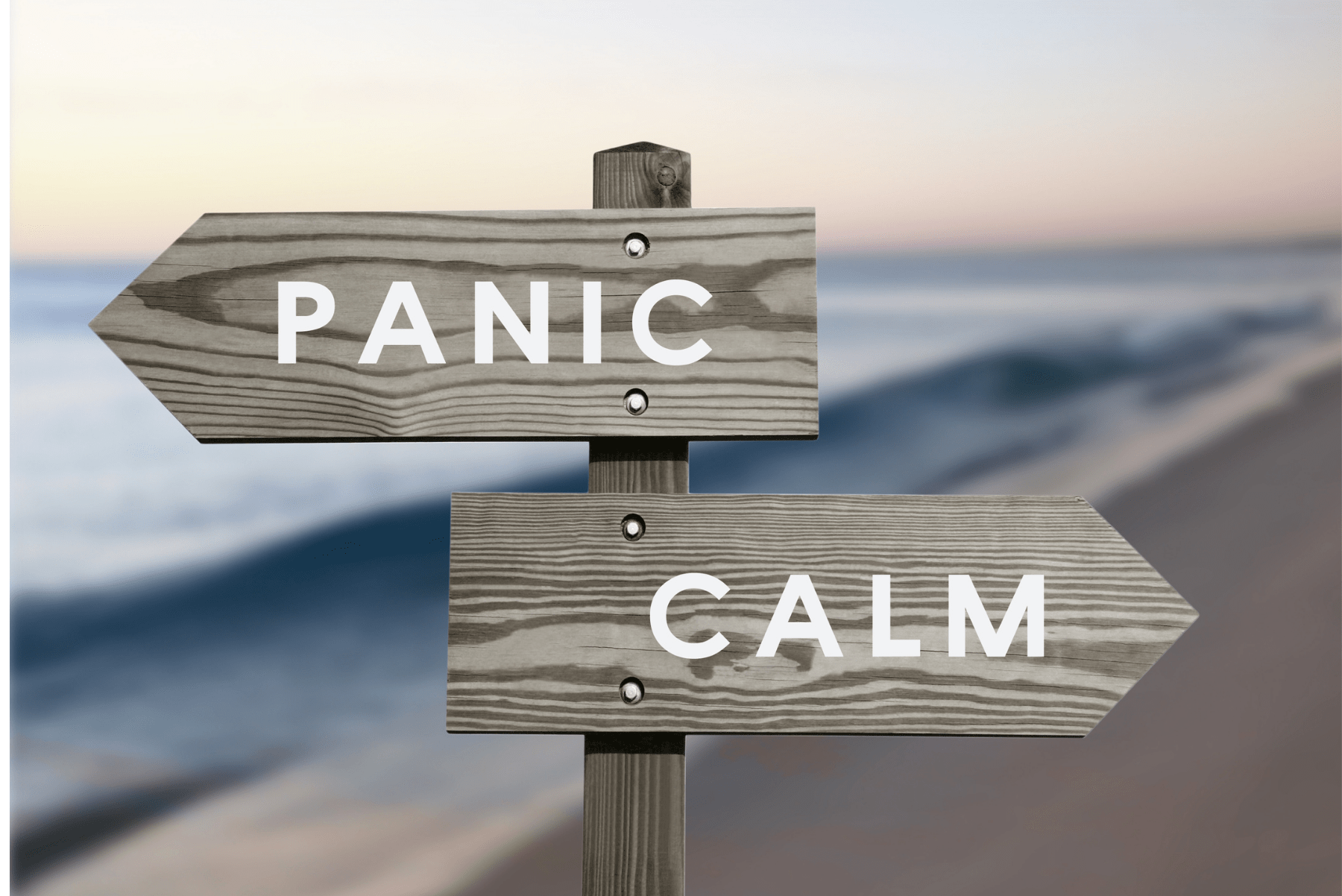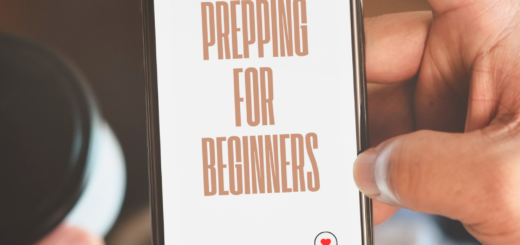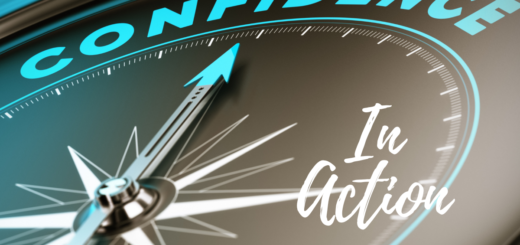The Preparedness Mindset – Do You Have What It Takes
Do You Have What It Takes?
I read a lot about emergency preparedness and survivalism, and plenty of websites provide a wide variety of informational resources regarding this subject. Few, though, address the preparedness mindset. I want to dig deeper into that mindset and explore the importance of considering this first and foremost.
After all, all of the world’s emergency preparedness and survival skills won’t help you if you are not mentally, emotionally, and spiritually equipped to deal with these situations. My goal in writing this article is to help you engage the thought processes necessary to improve your chances of survival when faced with unexpected or dangerous situations.
How does one acquire a preparedness mindset, and is this something anyone can obtain? I don’t think we know entirely how we will react when faced with danger, but a foundation of training and consideration will improve our chances dramatically. The preparedness mindset must address fear; that is job one. How do we address fear? With preparation, training, and realizing that your survival and that of your loved ones may come down to your decisions and reactions.
In The Beginning…The Foundation
My experience began when I was just a young man when our local church sponsored a chapter of The Boy Scouts Of America. Growing up, we didn’t have much; my mom was a single mom for the most part, raising five kids basically on her own. Growing up, I never had a “father” figure, so being a part of the scouts gave me a sense of belonging. It also taught me outstanding foundational values and life skills. The Scout Handbook and The Scouting Guide To Survival is an excellent resource for your family, regardless of age. 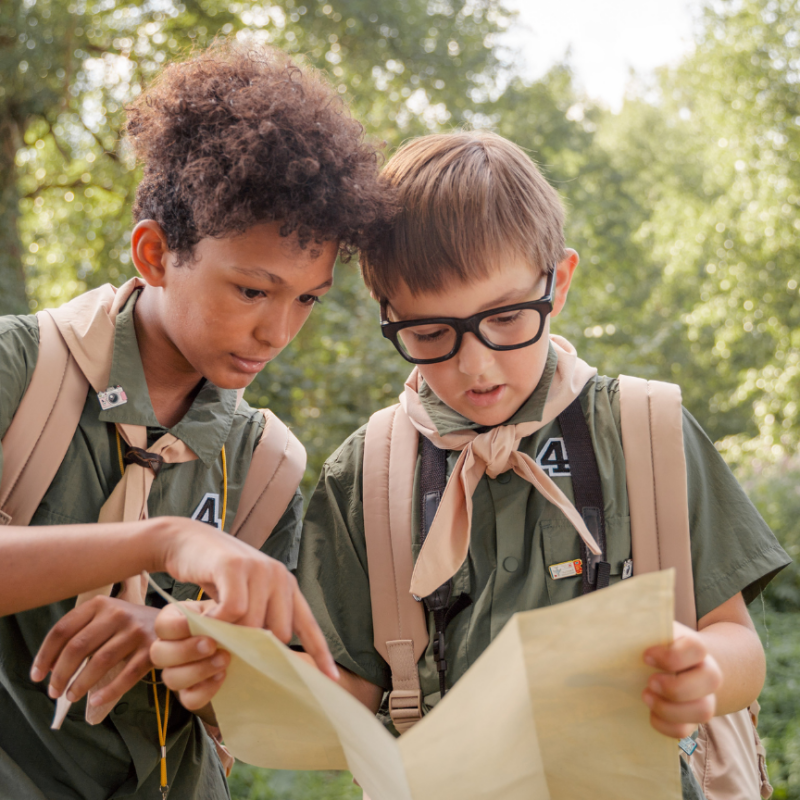
The Boy Scout Oath is:
On my honor, I will do my best
To do my duty to God and my country and to obey the Scout Law;
To help other people at all times;
To keep myself physically strong, mentally awake, and morally straight.
The Scout Law is:
A Scout is trustworthy, loyal, helpful, friendly, courteous, kind, obedient, cheerful, thrifty, brave, clean, and reverent.
The Boy Scout Motto is “Be Prepared!”
That was and is the foundation of how I live my life. Let those values sink in a bit. How different would our country be if everyone, or even the majority, abided by these habits? Finally, the Scout Slogan is to do a good turn daily.
The Scout Slogan is “Do a good turn daily.”
Contrary to the media, scouting is a fantastic organization, and I would highly recommend that every child participate. If you are a parent with young children, get involved with them. These values, mindset, and experiences with scouting have stuck with me and helped guide me my entire life. Nothing is more important than helping your children develop strong foundational skills and values.
Faith Over Fear – Yes, It Matters
Another critical aspect of developing a preparedness mindset is your faith. Now I’m not going to delve into some long religious discussion, I am only stating my beliefs and moral compass if you will. Most people believe that there is a higher power over our lives. To some, it’s God, and to others, it’s just an unknown higher power, but regardless, there is something. From my upbringing and exposure to church, I have developed faith and a prayer life. With that faith comes a sense of hope. Prayer works!
So many people face this world every day without hope. Hopelessness is an awful feeling and place to be. With a hopeless mindset, your chances of survival are greatly reduced. We have to develop a fighter mindset and prepare ourselves and our loved ones to view situations differently in emergency preparedness situations. This is critical.
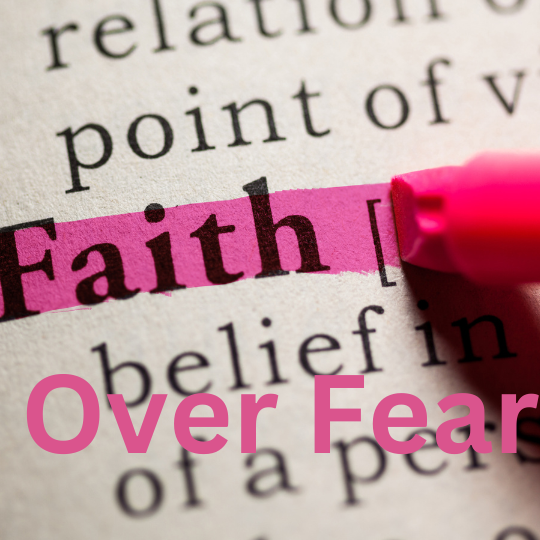 So, how do faith and hope help us in tough circumstances? My faith allows me to believe in things I don’t totally understand, like how and why God does what he does and the greater good. I have faith that He loves us, wants the best for us, and is much bigger than any evil.
So, how do faith and hope help us in tough circumstances? My faith allows me to believe in things I don’t totally understand, like how and why God does what he does and the greater good. I have faith that He loves us, wants the best for us, and is much bigger than any evil.
Hope also comes from God because that hope allows me to believe that good will always triumph over evil in the end. Even though we may face what seems to be hopeless situations, my faith and hope allow me to press on toward breakthrough and victory. If you and your family would like an excellent resource for developing your faith and prayer life, check out The Bible Project. It’s fantastic for all ages and levels of spiritual maturity.
Confidence From Preparedness
Confidence isn’t something that happens overnight. It’s built through preparedness, knowing that you’ve got a plan when things get chaotic. The sense of security from being prepared is unmatched. It’s like having a safety net, ready to catch you when you leap.
When you’re prepared, your mind shifts from panic mode to problem-solving mode. You’re not just reacting to situations but tackling them with a clear head, thanks to the groundwork you’ve laid. It turns fear into action. Ever notice how calm firefighters are? Their confidence stems from training and planning.
So, how do you get to this state of zen in emergencies? Start with a solid preparedness plan. Break it down into manageable chunks. Assess the potential risks around you, be it natural disasters, workplace hazards, or personal safety threats. Knowing what you’re up against helps develop a targeted plan. Prioritize these risks and create a step-by-step plan to handle each one. This clarity reduces the unknown, making you feel more in control.
Training and drills are the heart of preparedness. They transform theoretical plans into practical skills. Think of it as muscle memory for the brain. Regular drills keep essential actions fresh, even under stress. This practice builds your confidence because you know you can execute your plan when needed.
It’s also crucial to get the community involved. Preparing as a group reinforces individual confidence. There’s strength in numbers. Neighbors, colleagues, or friends working together create a support network that makes everyone feel more secure and ready to face emergencies. Shared knowledge and resources amplify everyone’s confidence.
Confidence in Action: Responding to Emergencies with Poise
When an emergency hits, the true test of preparedness is how you respond. Confidence shines when you’re calm and collected, not frazzled or frantic. Knowing you’ve trained and prepped for these moments lets you stay composed and make smart decisions under pressure.
Take a look at how pilots handle in-flight troubles. Their poise isn’t luck; it’s hours of rigorous training and simulation. This same principle applies to any emergency scenario. With thorough preparedness, you move from reactive to proactive, focusing on solutions instead of problems.
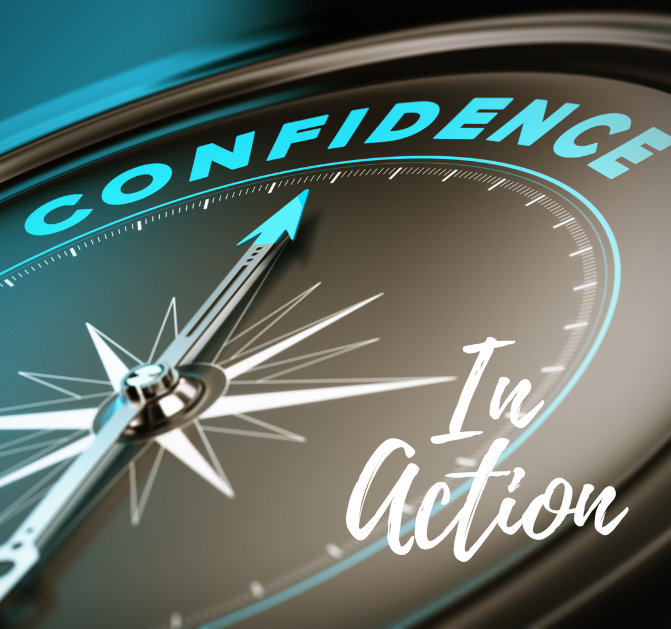 Let’s talk about some real stories. Remember the famous ‘Miracle on the Hudson’? Captain Sully Sullenberger’s preparedness turned a potential disaster into an extraordinary act of heroism. His calm response was rooted in confidence built from decades of training and experience.
Let’s talk about some real stories. Remember the famous ‘Miracle on the Hudson’? Captain Sully Sullenberger’s preparedness turned a potential disaster into an extraordinary act of heroism. His calm response was rooted in confidence built from decades of training and experience.
Creating an effective emergency response plan involves more than just listing steps. It’s about understanding each component and knowing how to implement it instantly. Break down your plan into clear actions. Assign roles so everyone knows their part, and no time is wasted figuring out what to do.
Personal stories are powerful. They show us that staying cool in emergencies is possible. For instance, people who’ve faced natural disasters often highlight that their confidence came from knowing what steps to take. They trusted their preparedness and acted on it. Their experiences remind us that preparedness isn’t just about planning; it’s about building mental resilience.
Maintaining confidence isn’t just useful in the initial emergency phase. It carries forward, influencing how you handle day-to-day challenges. The skills and mindset you develop from being prepared benefit you long-term. You’ll find yourself more adaptable and less anxious, even in non-emergency situations.




